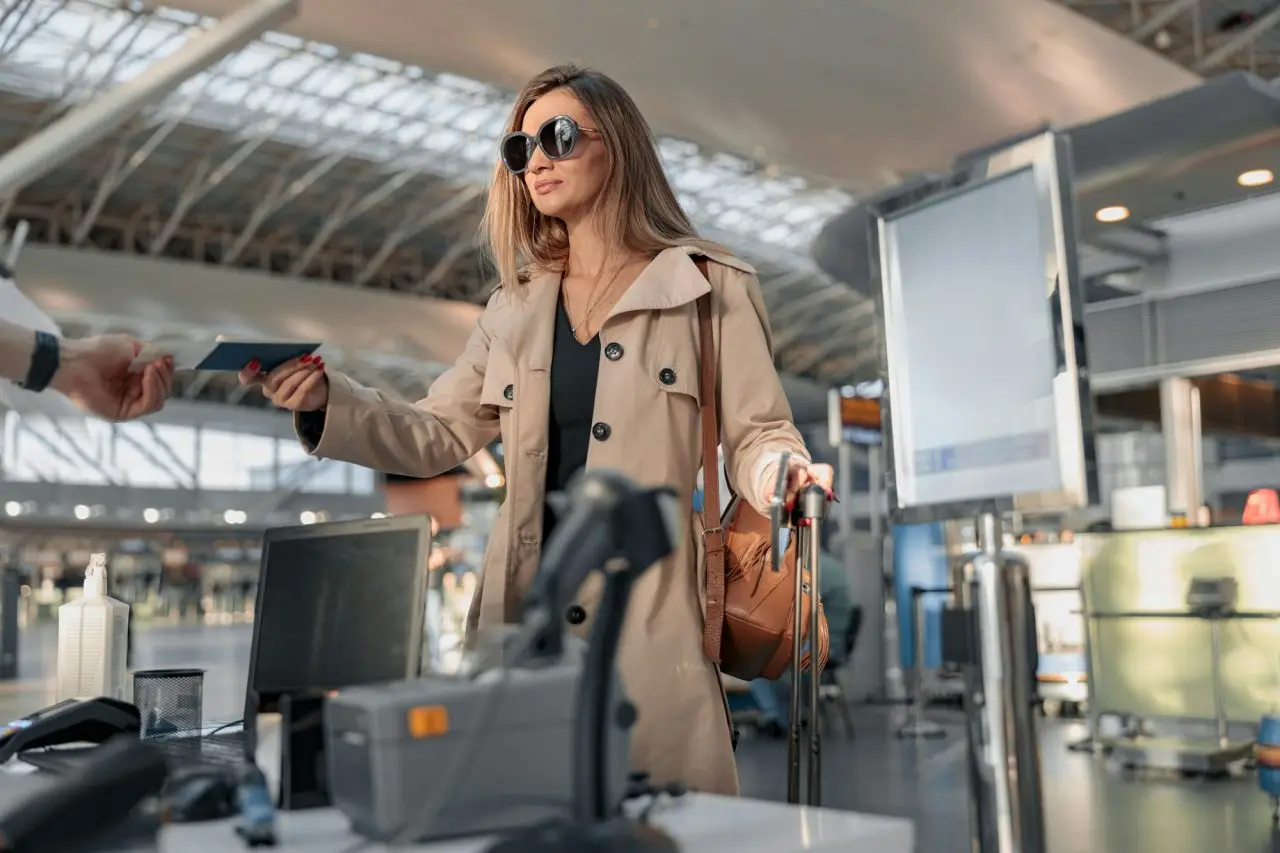
Securing Your B1/B2 Visa: Tips from an Ex-Visa Officer to Overcome Refusals
When planning a trip to the United States for business or leisure, the B1/B2 tourist visa is your gateway. However, obtaining this visa can sometimes be challenging, with refusals not uncommon. This comprehensive guide will walk you through the B1/B2 visa process and explain how an ex-visa officer can be invaluable in overcoming refusals.
Understanding the B1/B2 Visa
The B1/B2 visa is a non-immigrant visa issued for short-term business (B1) and tourism (B2) purposes. It allows you to engage in activities such as attending conferences, negotiating contracts, visiting friends and family, or sightseeing in the U.S. The visa is usually valid for six months but can be extended in certain circumstances.
B1 Visa (Business)
The B1 visa is for individuals visiting the U.S. for business-related activities, including:
- Attending business meetings or conferences.
- Negotiating contracts.
- Settling an estate.
- Attending educational, professional, or business conventions.
B2 Visa (Tourism)
The B2 visa is for those visiting the U.S. for tourism, medical treatment, or other leisure activities, such as:
- Vacation or holiday.
- Visiting friends or relatives.
- Medical treatment.
- Participation in social events hosted by fraternal, social, or service organizations.
The Visa Application Process
Step 1: Complete the DS-160 Form
The DS-160 is the online non-immigrant visa application form. Ensure all information is accurate and complete.
Step 2: Pay the Visa Application Fee
The non-refundable visa application fee must be paid before scheduling your interview.
Step 3: Schedule Your Interview
Interviews are conducted at the U.S. Embassy or Consulate. Wait times for interview appointments vary, so schedule as early as possible.
Step 4: Gather Required Documents
Typical documents include:
- A valid passport.
- Confirmation page of the DS-160 form.
- Receipt of the visa application fee.
- A photo that meets U.S. visa requirements.
- Supporting documents demonstrating the purpose of your trip, financial ability, and intent to return to your home country.
Step 5: Attend the Visa Interview
Be prepared to answer questions about your trip, ties to your home country, and financial status. Honesty and confidence are key.
Common Reasons for Visa Refusal
Visa refusals can be disappointing and frustrating. Common reasons include:
- Incomplete or inaccurate application forms.
- Insufficient ties to the home country.
- Inadequate financial evidence.
- Suspicion of immigrant intent.
- Previous visa violations or overstays.
How an Ex-Visa Officer Can Help
An ex-visa officer brings a wealth of knowledge and insight into the visa application process. Here’s how they can assist:
1. Application Review and Preparation
An ex-visa officer can meticulously review your application, ensuring all information is accurate and complete. They understand what consular officers look for and can help you present your case effectively.
2. Mock Interviews
Mock interviews conducted by an ex-visa officer can help you practice answering potential questions confidently and accurately. This preparation can significantly reduce anxiety and improve your performance during the actual interview.
3. Identifying and Addressing Red Flags
Ex-visa officers can identify potential red flags in your application and advise on how to address them. They can help you gather additional documentation or evidence to strengthen your case.
4. Understanding Refusal Reasons
If you’ve been refused a visa, an ex-visa officer can analyze the refusal reasons and provide tailored advice on how to address these issues in a reapplication.
5. Guidance on Strong Ties to Home Country
One of the primary reasons for visa refusal is insufficient ties to the home country. An ex-visa officer can guide you on how to demonstrate these ties convincingly.
6. Expert Advice on Financial Documentation
Ex-visa officers understand the importance of financial documentation. They can advise you on the best way to present your financial situation to satisfy consular requirements.
Conclusion
Navigating the B1/B2 visa process can be complex, but with the guidance of an ex-visa officer, you can significantly improve your chances of success. Their expertise in the visa application process, interview preparation, and addressing refusal reasons can provide you with the confidence and knowledge needed to secure your visa. If you’ve faced a visa refusal or are simply looking to ensure a smooth application process, consider seeking the assistance of an ex-visa officer to help you overcome challenges and achieve your travel goals.